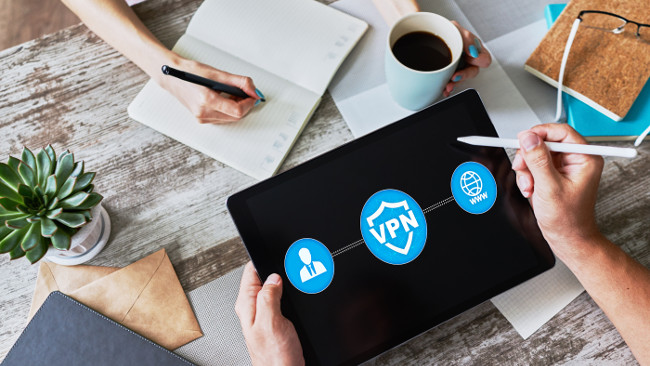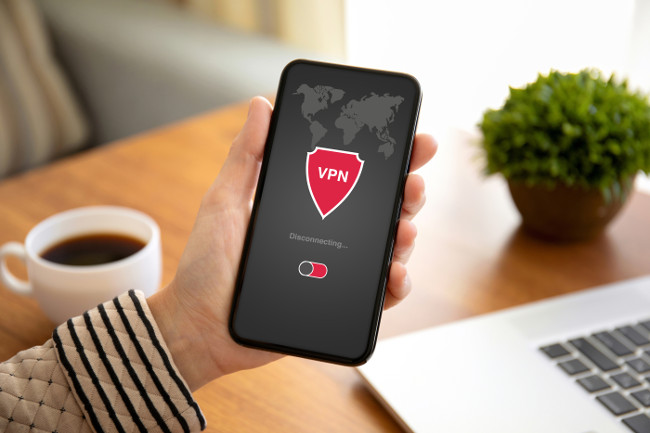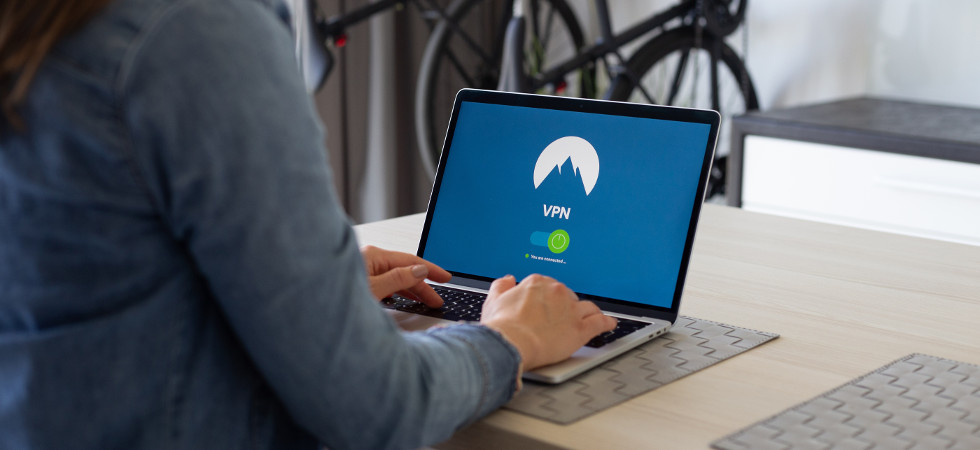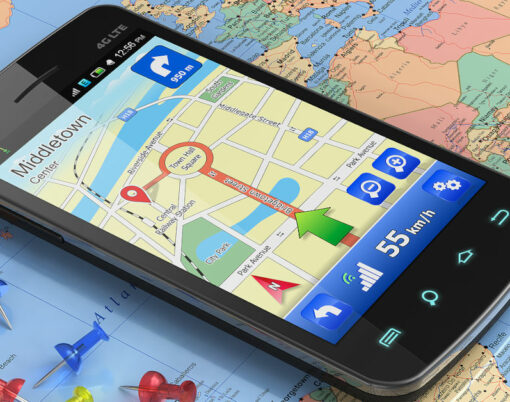If you are not particularly tech savvy, you may have heard of a VPN (virtual private network), without actually knowing what it does. In fact, for most of us, the majority of our awareness of VPN probably stems from the office – where VPNs are most commonly used.
So, what exactly is a VPN? In the simplest of terms, a VPN allows a remote user with a public internet connection, say, you in a coffee shop, to hide elements of your online profile, replacing it with another. So, instead of appearing to be browsing a website from a coffee shop in Shoreditch, your VPN provides you with an alternative IP Address, often of your choosing, from another location in the world.
Utilised effectively, a VPN can be an extremely valuable tool at home. Want to know more? There are plenty of examples of situations for when you need a VPN.

Security
Not the most glamorous of places to start, I grant you, but it is arguably the most important. Clive Humby, the brain behind the Tesco Clubcard, famously said that “data is the new oil.”
While that might be slightly over-egging it, there are many recent examples of organisations using our data to make significant impact on our society, be they financial or cultural. We can all recall the furore around the alleged Facebook data breaches, and the Cambridge Analytica debacle – your data, and online profile, is no joke.
With a VPN, your data travels to you encrypted – essentially making it private. The result? Would-be ne’er-do-wells, like hackers, snoopers, advertisers and even your internet service provider, are unable to track your internet usage – protecting your online footprint. Websites such as VPNCompare will help you identify the best option according to your specific needs.
Bypassing Geo-Restrictions on Content
How frustrating is it when you think the new series of your favourite television drama has dropped onto Netflix, only to find it restricted in your country’s library? Well, VPN can help with that, too.
Contrary to widely held opinion, there is nothing illegal about using a VPN to access geo-restricted content – after all, you do pay a subscription for the service. How does it work? Well, you can set your VPN to provide an IP address from the country you wish to browse from, and then log-in to your entertainment account. It is as simple as that!
The same applies for content that is geographically censored. Of course, we’re not talking about content that is banned the world over, but household names in the West, like Google, Facebook and Twitter, are all banned in China. For some time now, Chinese residents have been using VPNs to access the list of over 10,000 domain names banned in Asia.
This will also work for accessing live streams of sporting events, too, that are often restricted in specific countries while being free to air in the country of origin.

Torrenting
It is relatively well known that many internet service providers apply a throttle (a deliberate slow-down) of bandwidth and internet speeds on many well-known torrenting platforms – particularly during peak hours.
Using a VPN helps circumvent this issue, allowing for more efficient usage of peer-to-peer and torrenting software – as well as adding an additional layer of security from malicious files.
Of course, we would like to point out that we do not advocate the usage of torrenting software to download content illegally, and encourage Luxury Lifestyle Magazine readers to be aware of the rules when it comes to using torrents.
Accessing regionalised offers
The advent of the internet has undeniably aided the globalisation of certain markets, which, in some cases, allows for significant discrepancies between certain regions when it comes to products.
Arguably the main industry that you can see this in is travel and tourism, where extremely complicated pricing models see the cost of services such as flights, hotel bookings and vehicle rentals fluctuate madly in their market life cycle.
While often, these are influenced by factors other than region of purchase, it is certainly worth using your VPN to compare prices between locations before making big purchases like air fare, holiday packages and even Airbnb.






















